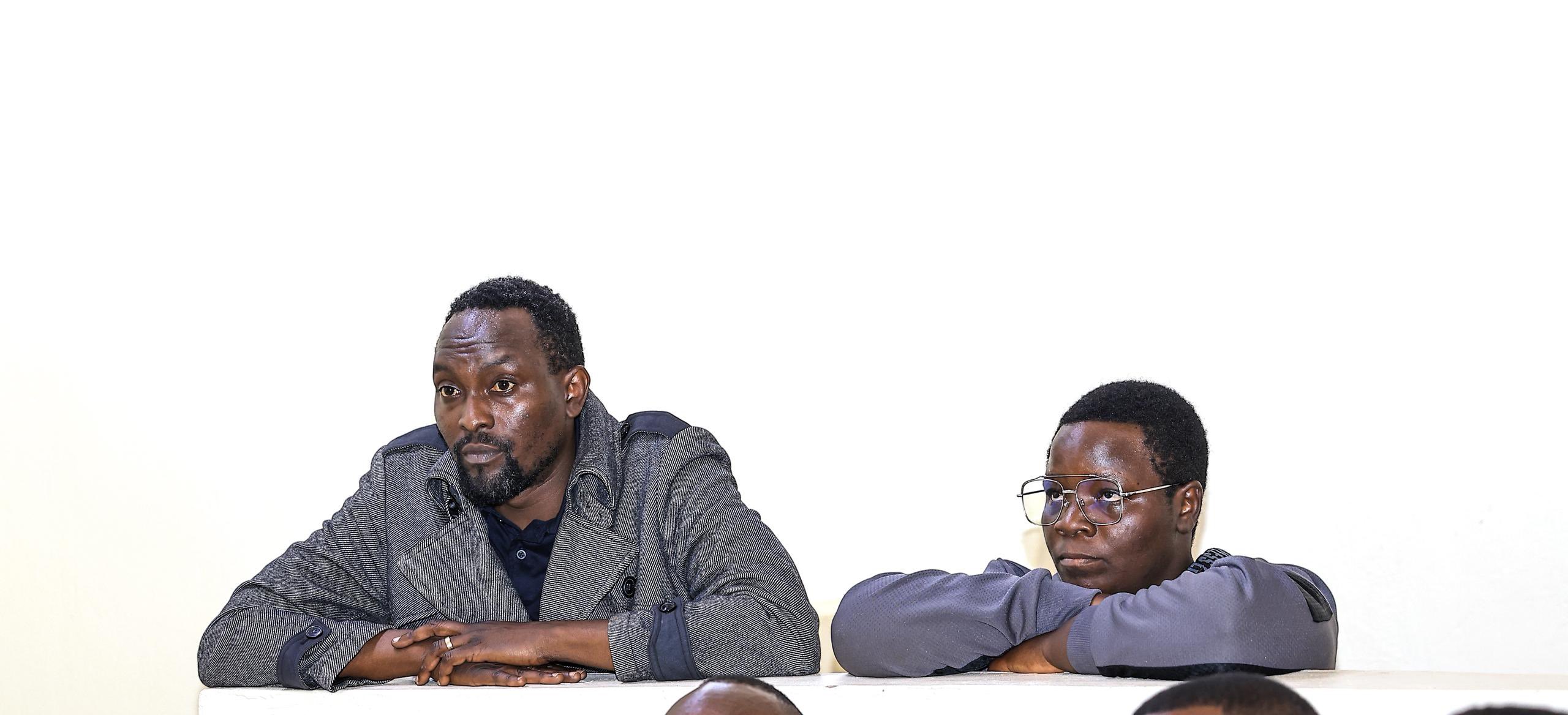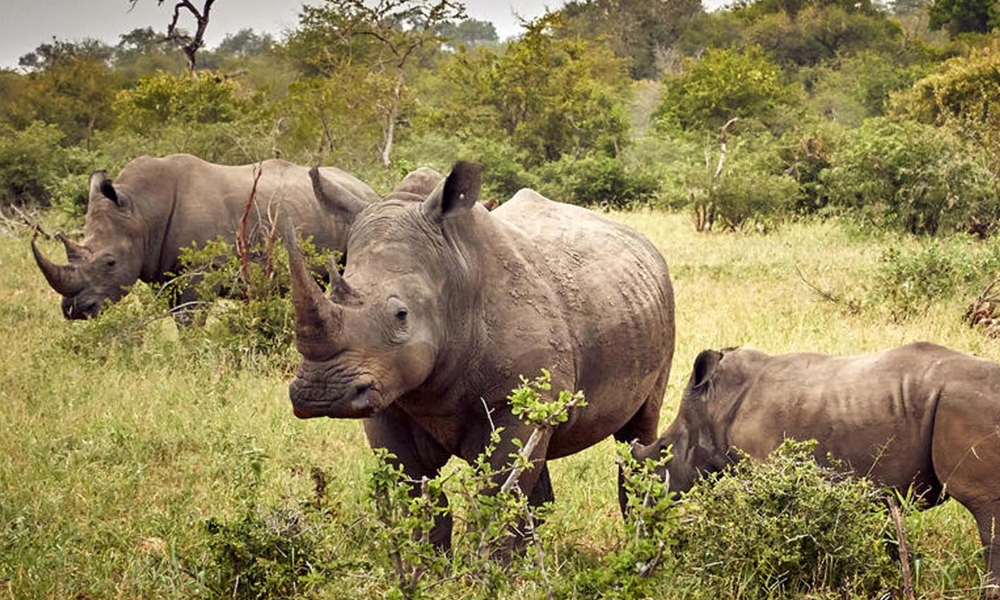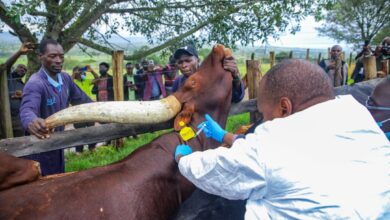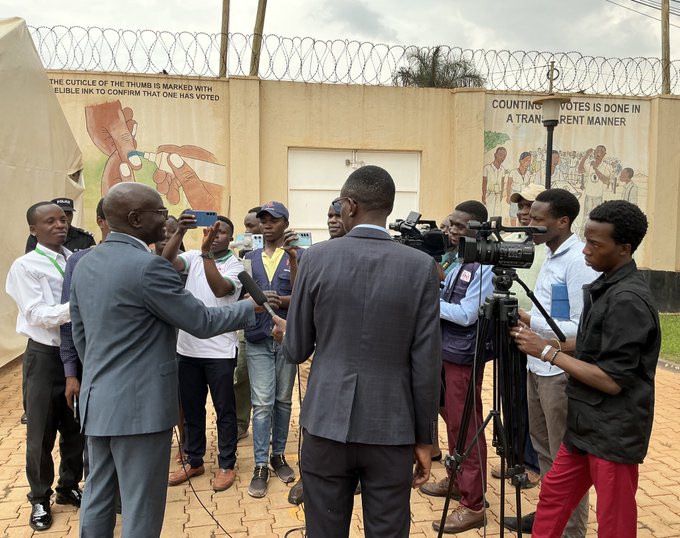With donor funding declining, Uganda faces refugee crisis at breaking point
Hillary Onek, Uganda's Minister for Relief, Disaster Management, and Refugees, expressed the government's growing frustration during a recent press briefing in Kampala.

As Uganda’s refugee population swells to around 1.7 million, the country finds itself struggling to maintain its reputation as one of the world’s most generous hosts. A combination of declining international donor funding and increasing costs has pushed Uganda to the edge, forcing it to consider taking loans to support its humanitarian efforts.
Hillary Onek, Uganda’s Minister for Relief, Disaster Management, and Refugees, expressed the government’s growing frustration during a recent press briefing in Kampala.
“We are taking on a burden that shouldn’t be ours alone,” Onek declared. “Uganda has been a safe haven for millions of refugees, but it’s unfair that we are now having to borrow to keep this going. The refugee crisis is global—it’s time the world shares the responsibility.”
Uganda’s refugee policy has long been celebrated as progressive. Unlike many nations, Uganda allows refugees to work, move freely, and access public services. However, this open-door approach comes at a cost. With donor support waning and refugee numbers rising, Uganda’s resources are overstretched.
“The situation is critical,” Onek continued. “The World Bank is proposing to fund half of our refugee support through a soft loan and half through a grant. But borrowing to support refugees is unacceptable. We urge the UN High Commissioner for Refugees (UNHCR) and the World Bank to ensure that all funds for refugee support are in the form of grants.”
Behind the scenes, the pressure is mounting. According to Dr. Robert Byaruhanga, a leading expert in refugee policy at Makerere University, Uganda is facing a dangerous crossroads. “We’ve been a model for refugee management, but without sufficient international support, that model is at risk of crumbling,” he said. “Declining donor funding means Uganda is left to fend for itself at a time when the refugee crisis is worsening across the region.”
Dr. Byaruhanga added that the economic strain is impacting both refugees and local Ugandans. “We are seeing increased competition for basic services like healthcare and education. Refugee settlements such as Bidi Bidi and Nakivale are overcrowded, and this is straining local communities. Uganda can only do so much without external financial backing.”
Onek’s remarks underscore Uganda’s growing frustration with the international community. “Uganda has taken in more refugees than almost any other country in the world, yet the funds needed to support these people are disappearing,” he said.
“We shouldn’t have to go into debt to provide for people who are fleeing wars and persecution. The world needs to step up.”
Experts warn that if international donors fail to respond, Uganda may be forced to reconsider its open-door refugee policy. “This would be devastating not only for the refugees but for the entire region,” Dr. Byaruhanga explained.
“If Uganda closes its doors, it could trigger a humanitarian disaster. Neighboring countries are already overwhelmed, and without Uganda’s support, the refugee crisis could spiral out of control.”
Many of Uganda’s international partners, including the World Bank, have acknowledged the severity of the situation. However, securing funds has become increasingly difficult as global attention shifts to other crises.
“Donor fatigue is real, especially when it comes to long-term refugee hosting,” said Harriet Mbabazi, a policy advisor for an international humanitarian organization. “Uganda’s refugee crisis has been ongoing for years, and the global community is starting to lose interest. But the problem hasn’t gone away—it’s getting worse.”
Mbabazi noted that the consequences of ignoring Uganda’s calls for support could be dire. “Refugees are some of the most vulnerable people in the world. If Uganda can no longer provide for them, we’re going to see increased hunger, poor health outcomes, and potentially more conflicts as resources become scarcer.”
The Ugandan government has made it clear that it cannot continue to bear this burden alone. “We need urgent intervention,” Onek said. “We’re not just asking for handouts. This is about equity and fairness. The world has a moral obligation to help those in need, and right now, Uganda is holding up more than its share of that responsibility.”
With donor funding in decline and the prospect of loans looming, Uganda’s refugee crisis is nearing a tipping point. As the world watches, the question remains: Will the international community step up to support Uganda, or will the country be left to manage an increasingly unsustainable burden on its own?
For now, Uganda’s leaders are holding out hope that the calls for help will not go unanswered. But as time runs out, the strain on the country—and the millions of people it shelters—continues to grow.







